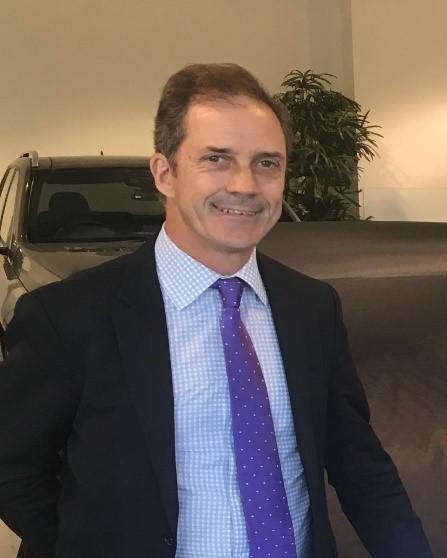Editorial

At the end of May, we acknowledged and farewelled Principals and Chairs who have served their school with distinction over many years. For the school communities, this time marks the end, and in anticipation, the start of a new era.
Shortly after, we celebrated Pentecost Sunday. Pentecost is a celebration of a new beginning for all whether it is for the celebration of the new church, a celebration for renewal of spirit within oneself and/or a celebration of the Holy Spirit giving God’s wisdom to the disciples. Pentecost is a day of the new spirit, a day of a new beginning
We live in an era that is particularly painful to be an Australian Catholic. For some, the findings of the Royal Commission into sexual abuse and the court cases involving priests and religious as well as declining connection to parish have signalled an end to a relationship with Church. For others, there is a call for renewal. In a time when confidence in traditional Church authorities has been eroded, there is a need for a new empowering narrative – one that is positive, inclusive, life giving and faithful to gospel values. The 2020 Plenary Council may be the opportunity for the pain to be acknowledged and addressed and a hopeful future entertained. It is hoped the Council will celebrate the critical role of lay governors as co-responsible, co-creators and influencers of the Mission of the Church.
At the risk of mixing politics with religion (or are they inextricably linked!), I recently read an article by Martha C. Nussbaum, Professor of Law and Ethics at the University of Chicago in which she looks at what a ‘decent nation’ requires of its citizens:
- the ability to deliberate well about political issues affecting the nation, to examine, reflect, argue and debate, deferring neither to tradition nor authority;
- the ability to think about the good of the nation as a whole, not just that of one’s own local group, and to see one’s own nation, in turn, as a part of a complicated world order in which issues of many kinds require intelligent transnational deliberation for their resolution;
- the ability to have concern for the lives of others, to imagine what policies of many types mean for the opportunities and experiences of one’s fellow citizens, of many types, and for people outside one’s own nation.
One could argue that is what our Australian Curriculum General Capabilities require of our graduating students:
- critical and creative thinking
- personal and social capability
- ethical understanding
- intercultural understanding
And for Kildare Ministries, we are developing our Living Justice charter:
- A community of witness
- Learning for Justice
- Courageous Leadership
At the recent meeting of Principals and Managers of the Community works, it was evident that courageous leadership, the community of witness and the learning for justice were embedded in the activities of each ministry. Each leader reflected upon questions included in the Trustees Strategic Intentions document and what actions we collectively can initiate to reach our desired outcomes.
The Living Justice Charter seeks to develop an active, discerning community that speaks out against injustice through action.
And the simple, yet powerful value that we are focussing on this year, ‘Hospitality’ requires of us to welcome an actual person into a real place; to take pleasure in difference. How will we all “respond to the cries of the Poor and the Cries of the Earth” in our ministries? How will we be better informed on emerging ethical and moral issues that will impact on the common good and the common home?
To return, to those leaders we farewelled and acknowledged for their witness and courageous leadership. We thank them for their contribution to the Kildare Ministries story:
Michael Doyle
Leanne Di Stefano
Margaret Rouggos
Jane Curran
Wendy Dick
Judith Ratican
Leaders facilitate the movement of the Spirit in a group. They tend the Spirit at the heart of an institution. Parker Palmer’s description of a leader is illuminating: ‘A Leader is a person who has an unusual degree of power to project on other people his or her shadow, or his or her light… A leader is a person who must take special responsibility for what’s going on inside him or herself, inside his or her consciousness’.
Regina Bechtle in Called and Chosen 2005
Blessings.
Jeff Burn
Executive Officer
Kildare Education Ministries

